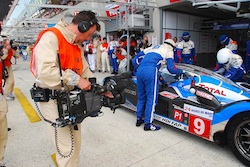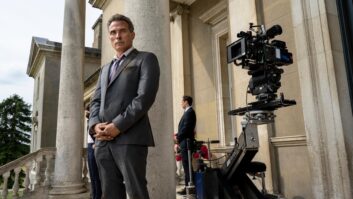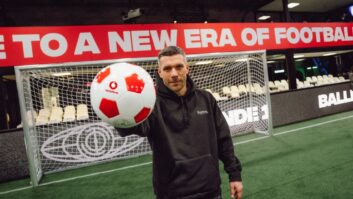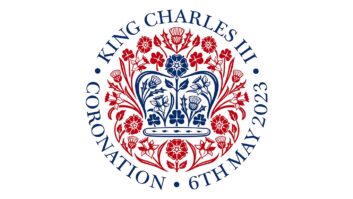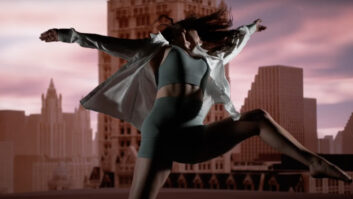American Cinema Editors’ sixth London EditFest saw over 20 brilliantly compiled clips explained by the editors responsible. It was one hot term of film school in six hours.
Fronting the day, ACE president Stephen Rivkin, said its purposes were, “Furthering the educational awareness of what we do, and raising the perception of the job of the editor and the creative contribution we make within the filmmaking process. Every time we work on something that is successful either critically or financially it gives us more power and increasingly more people understand the importance of editing.”
“We have come a long way from being considered technicians. We are the first viewers of the dailies and also the first viewers of the film as we construct the sequences,” he added.
A four-session program started with Cutting for Crime Dramas and the one general discussion was on whether editors find something universal in their approach to cutting murder mysteries compared to their work on fantasy, sci-fi or love story shows.
Elen Pierce Lewis (Luther, Marcella) said: “Every drama I work on I approach differently. I react to the material I am given. You never stop learning. All material is different. The directors are all different.”
She also highlighted the difference between the BBC and ITV: for a Miss Marple episode she cut she had to ramp up the drama going into ad breaks.
Andrew John McClelland (Line of Duty, In Plain Sight) said: “The most important thing that editors do for any drama, especially crime, is set the tone of it. If you don’t it won’t work. And if you use the tone from one area of crime and simply impose it on another, that’s not going to work.”
Úna Ní Dhonghaíle (Three Girls, The Missing) pointed at the rushes: “That is the first port of call, how the series is shot. Once you have responded to them, whatever show you are cutting is an organic process with the team.”
Stephen O’Connell (The Name of the Rose, Howard’s End) said: “It’s almost looking for a pulse with any story. The hardest thing that I find is to step back, not to be too academic or too filmy about what we are trying to do. When you look at making a murder mystery as audio it is just captivating because it is story and the rest is irrelevant because the pictures are in your head. If you close your eyes and hear any story, are you in or are you out?”
Session two was all about making the jump of Assistant to Editor and the general chat away from clips was about getting into a cutting room in the first place.
Eve Doherty (Hang Ups/Assistant, Game of Thrones) had assisted for a decade. “I was assisting for so long I got assistant fatigue,” she said.
One call, to help on the pilot of Hang Ups and with the potential of getting an episode of the show once commissioned, reignited her love of editing. “It is very much an edit build, and we turned the pilot around in a month,” she said.
Adam Gough is currently finishing Roma for writer/director Alfonso Cuarón. First up he got two weeks of work experience in a Pinewood cutting room, and when a film moved in upstairs he secured the position of trainee editor. His big break was editing Johnny Depp’s documentary Happy, about Keith Richards.
“There were a very fortunate number of steps that I have taken, so I have not really had a big game plan of desiring to be somewhere,” he said. “With assisting there is a certain element of it being an apprenticeship.”
Charlene Short (Dagenham (Assistant, Peaky Blinders) started with work experience on a TV drama and in a sound post house. “For me it was easier to get into the industry than it was to move up,” she said.
John Venzon, ACE (The South Park Movie, Storks (Assistant, Fight Club, The Game) looked back to his opportunity with an in-turn position. “I expected to learn from an assistant, then I would become an assistant. Then I’ll learn from the editor, and then I will move up. I showed up at the cutting room to find the entire assistant editing team had walked off the job.”
Venzon was offered and took the first assistant role. Later in life and armed with great credits he was unemployed for seven months and came back by assisting people he knew from Fight Club and other movies. “My single biggest piece of advice is do not rip yourself up if you have to go back to assisting. You are on the continuum and need to go out to the 20,000-foot view of your career and understand you might be assisting now, and you might get bumped up. Do not have ambitions for your career because it will destroy you.”
Steven Worsley (Jamestown, War & Peace (Assistant, War Book) went media production at university, cutting short films, the ACE internship in LA, then found himself in Soho as a trainee working on Green Zone. He said: “Relationships are integral. It’s a challenge when you have been an assistant editor to get people to see you in a different light.”
Session three was all about Editing Features, with Rivkin in the chair. He had in mind the jump from making teas to a full editing career.
Joe Walker, ACE (Blade Runner 2049, Arrival) was succinct. “Lie a lot. There is no escape from saying yes. I went to BBC Manchester and lied about what I was capable of doing and my experience, because nobody wants somebody who hasn’t done it before.”
Alex Mackie, ACE (Out of Blue) assisted on Still Lies, the first film from Terrence Davis, and was promoted to sound editor. After six years as an assistant she applied to the NFTS and was accepted. Eddie Hamilton, ACE (Mission Impossible: Fallout) hooked up two VHS machines aged 17, but later failed to get into any of the film schools. He became a post house runner and stayed late teaching himself every aspect of running early Avid Media Composers.
“I read the Gorilla Filmmakers Handbook, and the guys were making low budget movies. I went to Ealing Studios and asked to edit, and was my own assistant. Then I did about 10 very low budget films as my own no 2, and it was my 11 movie that had a budget for an assistant.”
Rivkin added: “Persistence is the name of the game. If you are an assistant and want to cut, do not tell an editor that before you get the job. Tell him afterwards.”
He then asked Tania Reddin (Dirty Filthy Love, Luther) and Walker about differences of opinions. Reddin recalled one. “The last film I worked on I had a very big difference of opinion. I read the script a year before it went into production and felt there was a fundamental problem at the end of it. I had to be patient but brought it up over time,” she said.
Nobody listened, but then they did. “Eventually the exec from BBC Films said exactly the same thing as me and suddenly the scenes were re-written. That became a pick up shot.”
Walker said: “I would rather be a diplomat than a doorman, but it is really important that you are hired for a strong opinion.”
Hamilton added: “I take that very seriously. When you are doing our job it is a big responsibility, but it is crucially important that you speak up at the right point.”
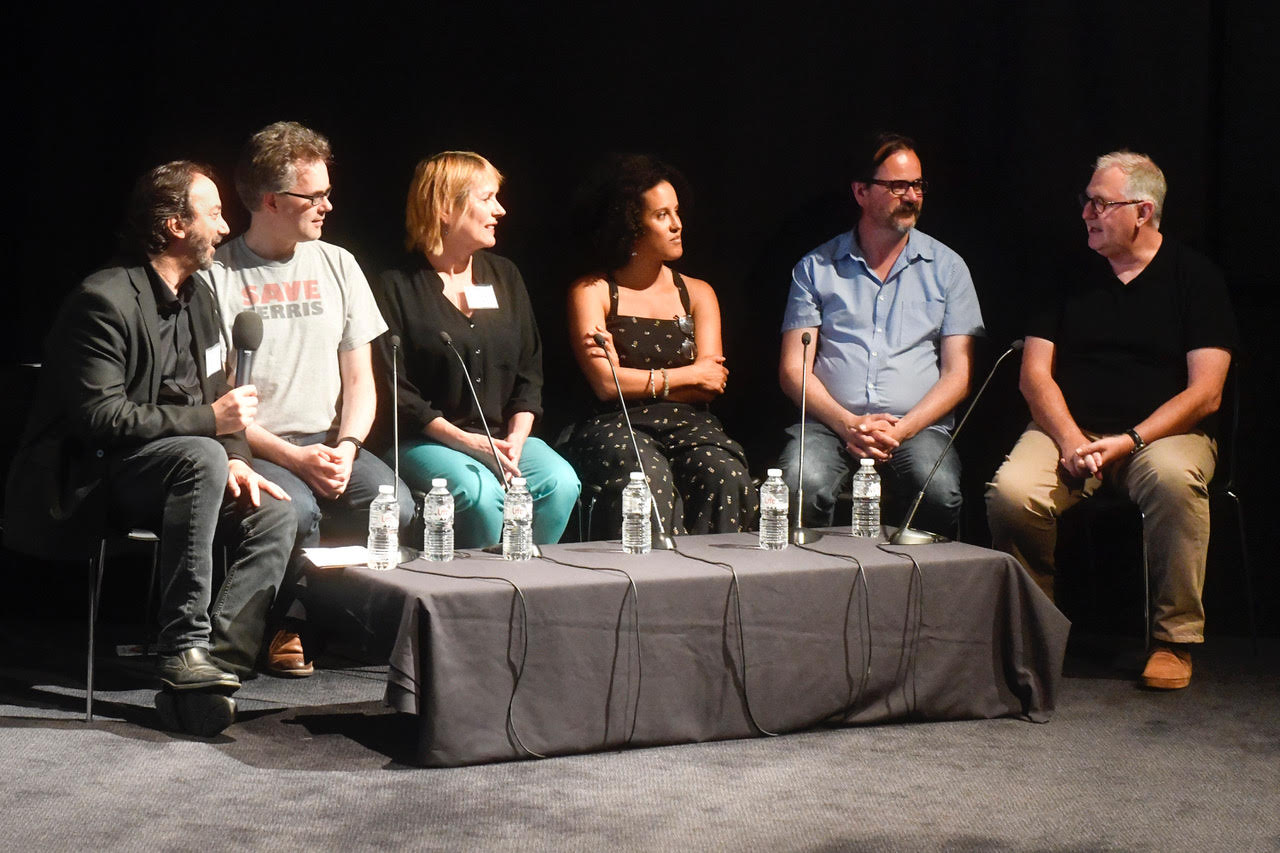
The closing session was a sensationally good master class featuring Chris Lebenzon, ACE and Hollywood Reporter’s Carolyn Giardina as chair. Movies carrying Lebenzon’s credits have grossed over $10 billion, and his key collaborations over 40 years have been with Tim Burton, Tony Scott, Jerry Bruckheimer, and Michael Bay. Currently he is in London working on Burton’s production of Dumbo, which is an 18 months in production/year in post monster.
First Lebenzon touched on his 25-year partnership with Burton. He said: “What he does which is different is that when we are filming I have to be up to camera with every shot. Tim comes and monitors the cut as he is shooting, so if a scene takes a day by the end of that day it is pretty much done.”
He sees this as a sort of dance, and pretty awkward around not shooting in order and having to put in banners for close ups, but there is a good thing. “By the end of the whole movie it is pretty much done. There are no surprises for the director,” said Lebenzon. “Tim is a constant in production and then he disappears in post.”
Moving onto working with Bruckheimer, he commented: “Jerry is way different. He sees everything before anybody else does: he monitors the edit much to the dismay of a lot of the directors, at least when you are in his building. He backs up his directors and often times he will bring writers into postproduction thinking maybe they can bring something to the table.”
Do big budget movies unsettle Lebenzon? “I have learned not to feel the pressure. But it is on the studio execs. They can lose their jobs after a couple of misfires. That filters down to all of us and it is probably why there’s more studio involvement now, especially on the bigger movies,” he said.
The multiple legends about Top Gun include the one about it being made in post.
“There was no story. There was very little interest in any of the actors, and if you don’t like your characters then it is never going to be any good. We went back to Jerry’s office and he called it one long sunset,” said Lebenzon.
“Tony Scott had been a commercials director and he was very interested in visuals, but we did not have much going for us there. It evolved into a lot of re-working. The pilots wore masks so we could put any lines we wanted to over their faces and re-wrote dialogue, and cut it down,” he added.
Tom Cruise’s Maverick had to be made more likeable. “In our first screenings he was competitive, aggressive, he was not liked by colleagues, and was chasing the woman (played by Kelly McGillis) too aggressively. We had to film a scene where we liked him,” said Lebenzon.
Cruise was shooting Colour of Money, and looked completely different, but was borrowed for a day for a couple of shots with McGillis. Editorial had the aerial battles with sound and Scott shot the guys in masks, but there was no script, no story with dialogue. Tom Cruise did extra lines and Navy guys came up with things like ‘There is a MIG on your Six’.
“It was just hammering away at the movie and making it better and better and not presenting it until it was great,” said Lebenzon.
Asked about his experiences with assistants over his career, he said: “There were much fewer of them. On Top Gun we had one assistant and an apprentice and that would be unheard of today really. In some ways they were more involved. I have not changed. I involve my assistants even though we are on digital systems and they all have to have them in the room. The job is so important because it is people you want to work with, and I value their opinions. It transcends any equipment and it’s really an aesthetic.
“There is so much work (in the UK) with the tax deal it is hard to even get assistants sometimes. Other colleagues of mine are coming over soon for movies and it is hard to get studio space. We are shooting some Colin Farrell pick-ups (for Dumbo) and we couldn’t find a stage. It is a good time to be working.”
